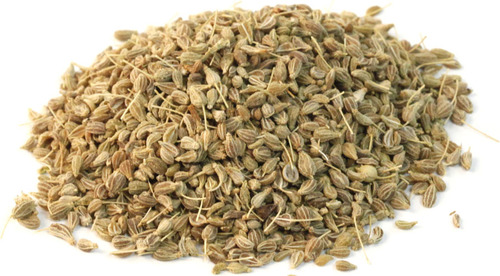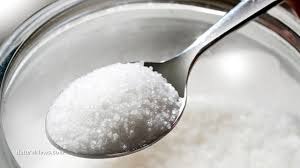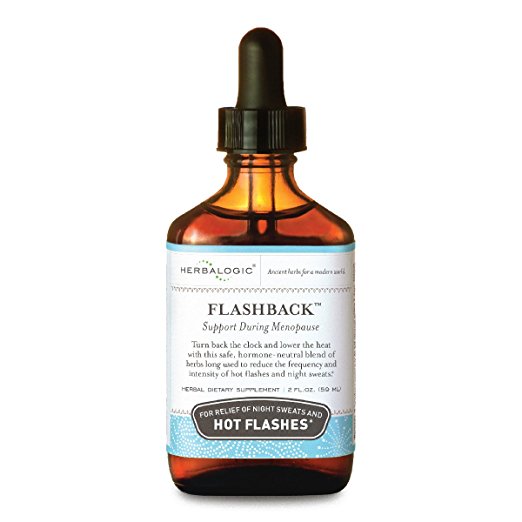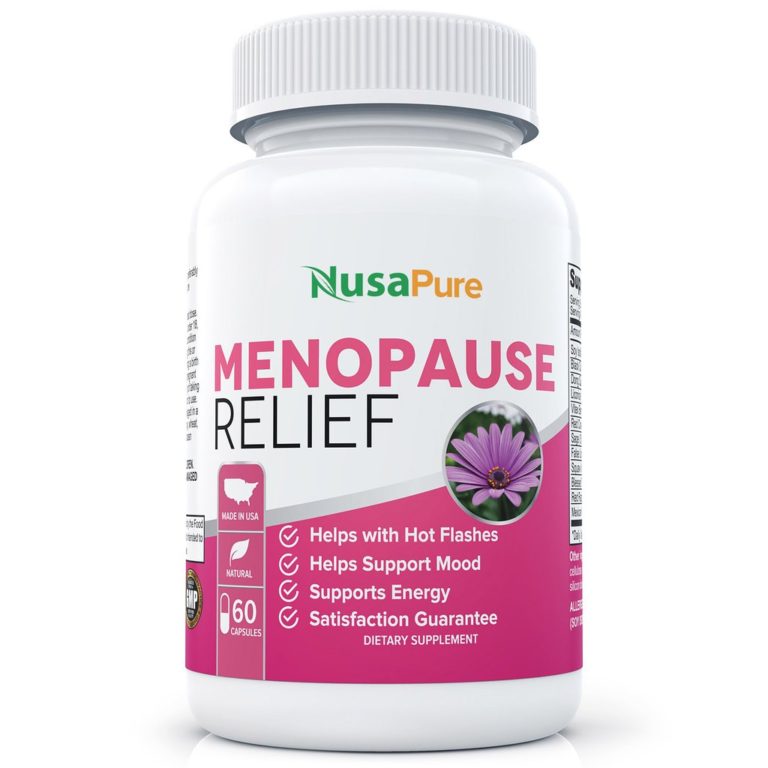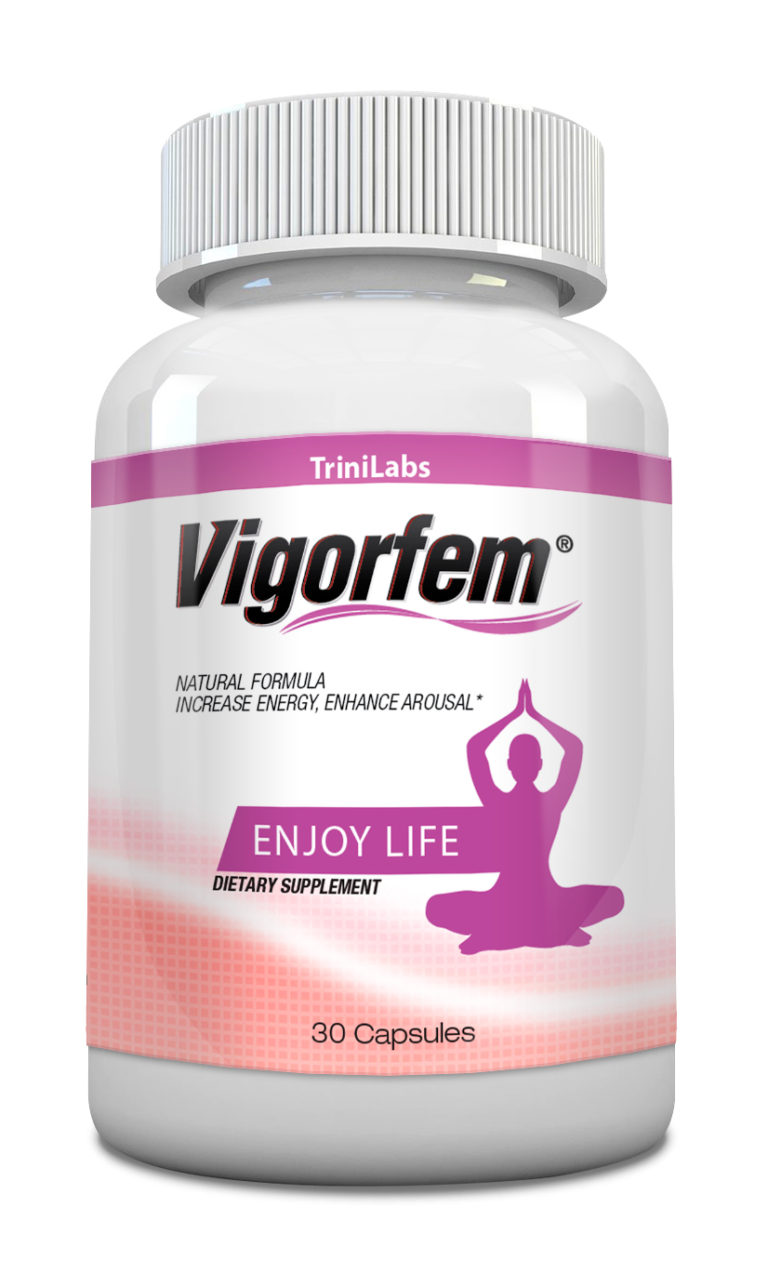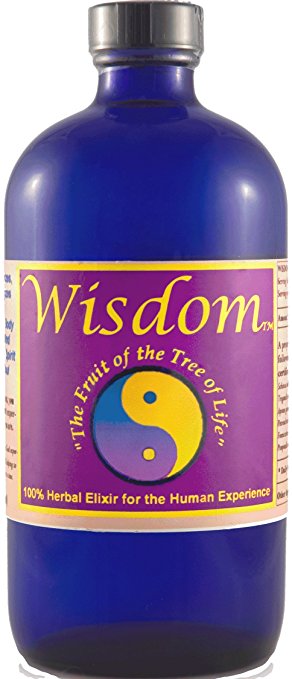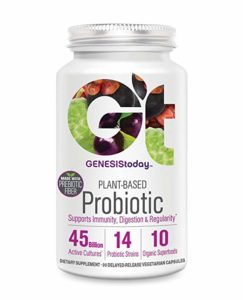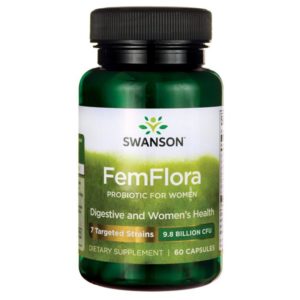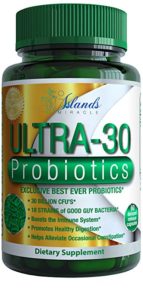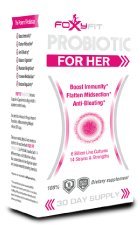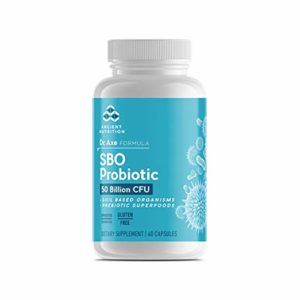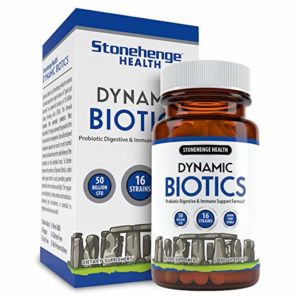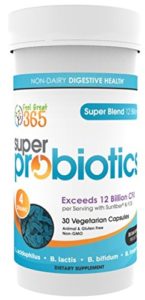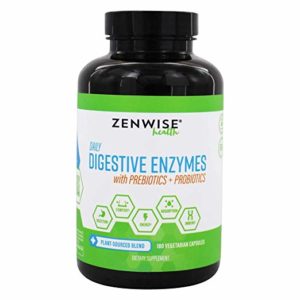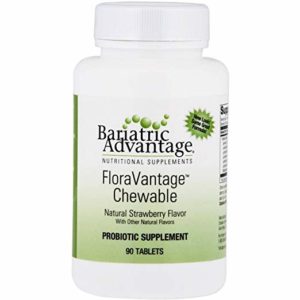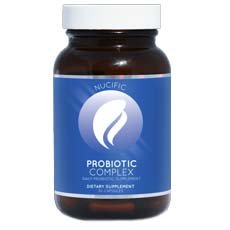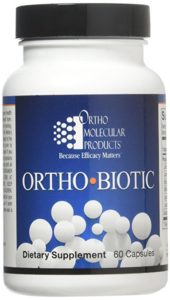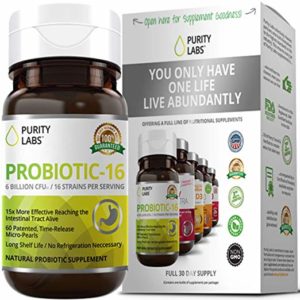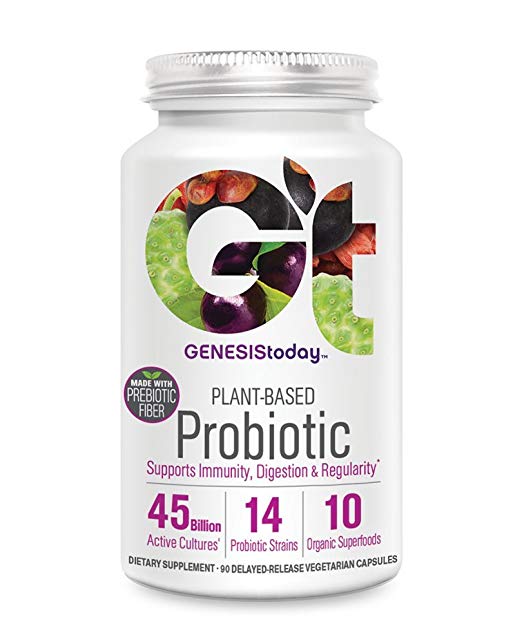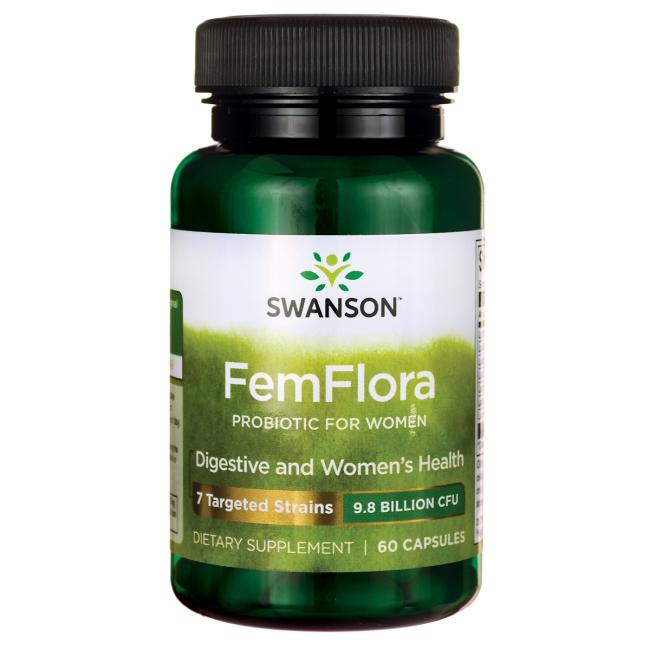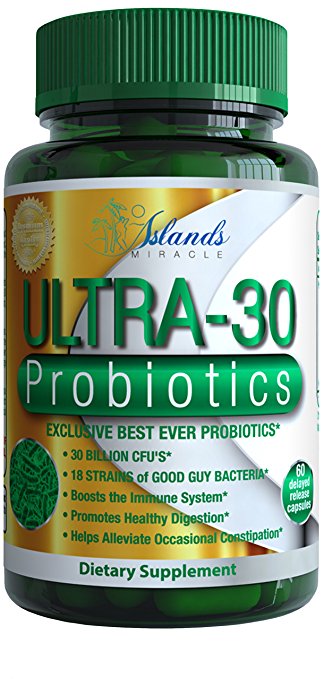
Feminine Issues?

The only All-Natural Product for:
- Feminine Issues
- Vaginal Odor
- Vaginal Itching
- Vaginal Discharge
Start Seeing A Difference Within a Few Days of Taking it!
WHAT'S THE PROOF?
Out of the tens of thousands of women that have tried Balance Complex, over 700 have been so impressed by the results, that they have voiced their results in the form of reviews for the product on Amazon, the world most TRUSTED online marketplace.
Below are just a few of the reviews of Balance Complex on Amazon:

"I have been looking for a probiotic to help with my feminine issues and this has done the trick!I have already recommended to other friends!" *

"I loved it. Just knowing that I was taking care of any problems that might occur that we as females go through gave me a piece of mind." *

"I was surprised it worked as fast as it did. Very Effective & Natural. I take one at night and one in the afternoon. And I feel so much better." *
Every order of Balance Complex on Amazon is backed by Amazon’s 100% money back satisfaction guarantee.
Try it for up to 90 days and if you aren't thrilled with the results, just notify Amazon and they will give you a full refund.

Vitamin B
How should you take Vitamin B for Candida?
Candida is a yeast-like fungus that can infect your mouth, stomach, urinary tract and vagina. Candida infections are associated with certain drugs, a weakened immune system and nutrient deficiencies, which include B-12 and folate. Some complementary and alternative treatment options include taking a B-complex supplement. However, this alone is not enough to treat an active infection. You should consult your doctor before taking supplements to treat or prevent candida infections. Candida normally live in your body and do not cause problems unless allowed to overgrow. Candida is commonly known for causing vaginal yeast infections in women. About 75 percent of women will get a vaginal infection at one time or another, according to the University of Maryland Medical Center. You are at an increased risk of getting a candida infection if you have a weakened immune system.How does Vitamin B for Candida work?
Vitamins like B Vitamins can help maintain a balanced gut pH too. Vitamin C is otherwise known as ascorbic acid, and is also an excellent supplement for boosting your adrenal glands and immune system. You can take vitamin C in quite large quantities and its a very useful complement to a Candida treatment plan. Vitamin B (or more specifically B6 and B12) helps with the production of hydrochloric acid in the gut. A general B-complex vitamin will do the job. Diet is an incredibly important part of any Candida treatment plan, and you should make probiotic foods like kefir and yogurt a part of your daily routine. The good bacteria found in these probiotic foods secrete lactic acid and acetic acid into your gut, increasing the acidity. If you’re worried about the bacteria making it through your digestive system, don’t be – a 2006 study found that the live bacteria in yogurt do indeed make it all the way through. Lastly, there are a few things you need to avoid. We’ve already mentioned antibiotics, but you should also steer clear off things like antacids and acid blockers. Anything that reduces your gut acidity can help the Candida yeast to flourish. If you’re taking alkaline waters it is also recommended that you stop until you have beaten your Candida overgrowth.Review Overview
5.1 OVERALL SCORE
Feminine Issues?

The only All-Natural Product for:
- Feminine Issues
- Vaginal Odor
- Vaginal Itching
- Vaginal Discharge
Start Seeing A Difference Within a Few Days of Taking it!
WHAT'S THE PROOF?
Out of the tens of thousands of women that have tried Balance Complex, over 700 have been so impressed by the results, that they have voiced their results in the form of reviews for the product on Amazon, the world most TRUSTED online marketplace.
Below are just a few of the reviews of Balance Complex on Amazon:

"I have been looking for a probiotic to help with my feminine issues and this has done the trick!I have already recommended to other friends!" *

"I loved it. Just knowing that I was taking care of any problems that might occur that we as females go through gave me a piece of mind." *

"I was surprised it worked as fast as it did. Very Effective & Natural. I take one at night and one in the afternoon. And I feel so much better." *
Every order of Balance Complex on Amazon is backed by Amazon’s 100% money back satisfaction guarantee.
Try it for up to 90 days and if you aren't thrilled with the results, just notify Amazon and they will give you a full refund.
Recent Tests
Categories
- General Health
- Feminine Guides
- Ingredient Guides
- Product Reviews
- Bacterial Vaginosis Products
- Candida Products
- Menopause Products
- UTI Products
- Yeast Infection Products
About Us

FeminineHealthReviews is dedicated in bringing you the top unbiased editorial reviews and ratings for natural products and supplements, along with specs, user reviews, supplement facts and more.
These statements have not been evaluated by the Food and Drug Administration. This product is not intended to diagnose, treat, cure or prevent any disease.
*Results may vary. If you are pregnant, nursing, have a serious medical condition, or have a history of heart conditions we suggest consulting with a physician before using any supplement. The information contained in this website is provided for general informational purposes only. It is not intended to diagnose, treat*, cure, or prevent any disease and should not be relied upon as medical advice. Always consult your doctor before using any supplements. Disclosure of Material Connection: Some of the links in the post above are "associate sales links." This means if you click on the link and purchase an item, we will receive a commission. Regardless, we only recommend products or services which we use personally and/or believe will add value to our readers. We are disclosing this in accordance with the Federal Trade Commission’s 16 CFR, Part 255: "Guides Concerning the Use of Endorsements and Testimonials." Disclaimer: © 2025 All Rights Reserved. The information provided on this site is intended for your general knowledge only and is not a substitute for professional medical advice or treatment for specific medical conditions. You should not use this information to diagnose or treat* a health problem or disease without consulting with a qualified healthcare provider. Please consult your healthcare provider with any questions or concerns you may have regarding your condition.Your use of this website indicates your agreement to this websites published terms of use and all site policies. All trademarks, registered trademarks and service-marks mentioned on this site are the property of their respective owners.






